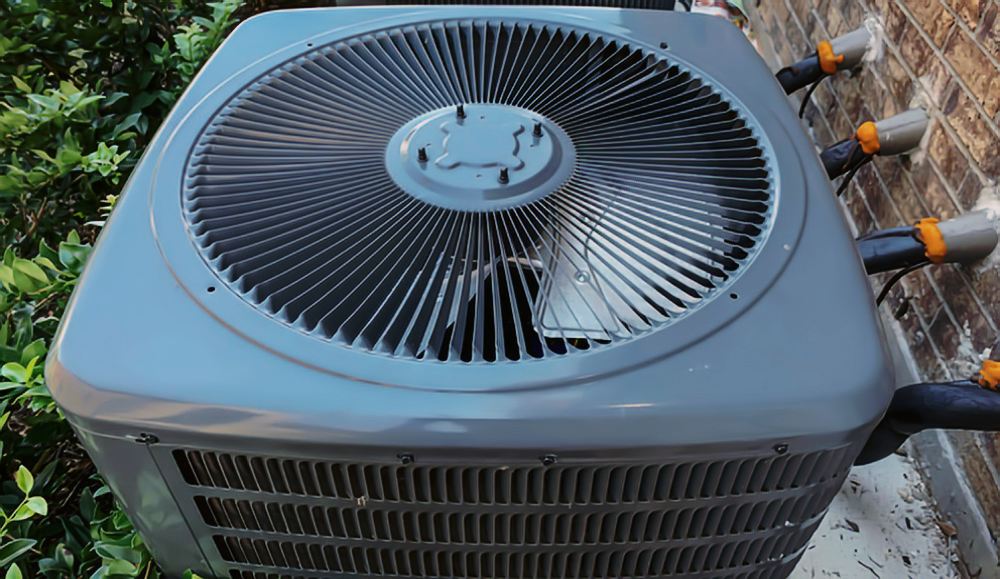When faced with a malfunctioning or inefficient heating and cooling system, homeowners often find themselves pondering the question: Is it better to repair the existing system or replace it altogether? Making the right decision requires careful consideration of various factors, including the age of the system, the extent of the problem, energy efficiency, and long-term cost implications. In this post, we will discuss the key considerations to help you make an informed choice between heating and cooling repair and replacement.
1. Age of the System:
The age of your heating and cooling system is an important factor in determining whether repair or replacement is the more viable option. As a general rule of thumb, if your system is approaching or surpassing its average lifespan (typically around 10 to 15 years for HVAC systems), it may be more cost-effective to consider a replacement rather than frequent repairs. Newer systems are designed to be more energy-efficient, offer advanced features, and provide improved comfort.
2. Extent of the Problem:
Assessing the extent and severity of the problem is crucial in determining the appropriate course of action. Minor issues, such as a faulty thermostat or a clogged filter, can often be resolved with a simple repair. However, if your system has experienced major component failures, significant leaks, or extensive damage, replacement may be a more practical and cost-effective long-term solution. Consult with a qualified HVAC technician to assess the extent of the problem and receive professional recommendations.
3. Energy Efficiency Considerations:
Energy efficiency is an essential aspect to consider when deciding between repair and replacement. Older heating and cooling systems tend to be less efficient, leading to higher energy bills. Upgrading to a newer, more energy-efficient system can result in significant long-term saving on utility costs. Evaluate the energy efficiency rating of your current system and compare it to newer models to gauge the potential energy savings associated with a replacement.

4. Cost Comparison:
While replacing a heating and cooling system may involve a higher upfront cost, it’s important to consider the long-term cost implications. Frequent repairs can quickly add up and may not provide a lasting solution if your system is aging or prone to issues. Evaluate the cost of repairs, the projected lifespan of the system, and the potential energy savings with a new system. A cost-benefit analysis will help you determine whether repair or replacement offers the best value for your investment.
5. Future Maintenance and Repair Needs:
Consider the potential maintenance and repair needs of your existing system versus a new system. Older systems may require more frequent repairs and maintenance as components wear out or become obsolete. Newer systems often come with warranties and require fewer frequent repairs, providing peace of mind and potential cost savings in the long run. Factor in the ongoing maintenance requirements and associated costs when making your decision.
Conclusion :
Deciding between cooling/heating replacement and repair, requires careful evaluation of multiple factors, including the age of the system, the extent of the problem, energy efficiency considerations, cost comparison, and future maintenance needs. While repairs may be suitable for minor issues in newer systems, older systems with major failures or inefficiencies may benefit from replacement. Consulting with a qualified HVAC professional can provide valuable insights and help you make an informed decision based on your specific circumstances and needs.
Remember, regular maintenance and professional inspections are key to extending the lifespan and optimizing the performance of your heating or cooling system. Prioritize proactive care to minimize the need for repairs and ensure optimal comfort and energy efficiency in your home.
If you’re uncertain about whether to repair or replace your heating and cooling system, reach out to our experienced HVAC technicians for a comprehensive evaluation and personalized recommendations tailored to your situation.


